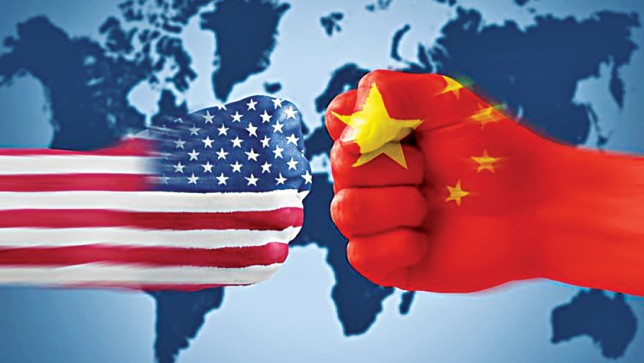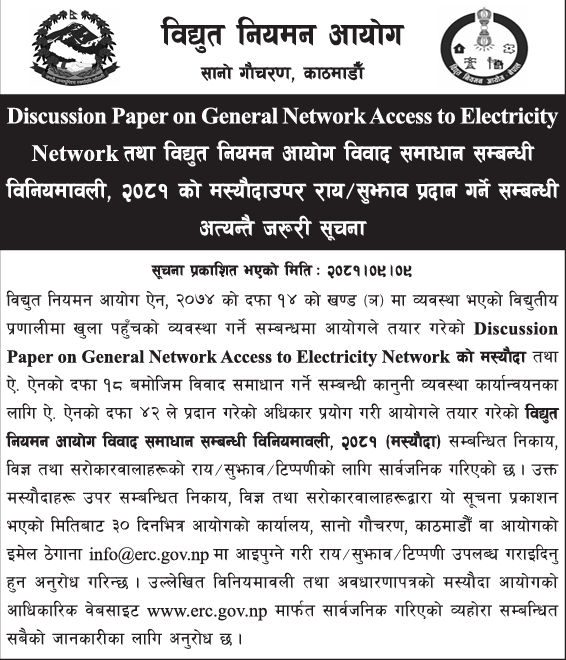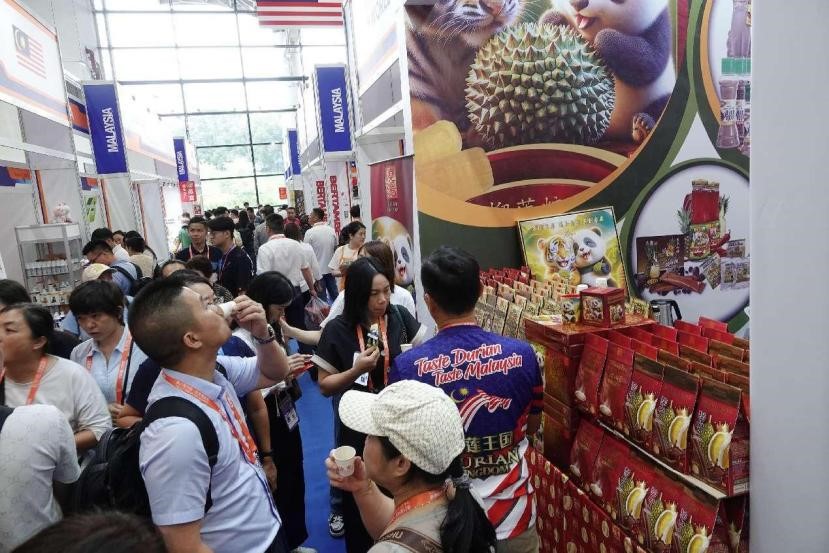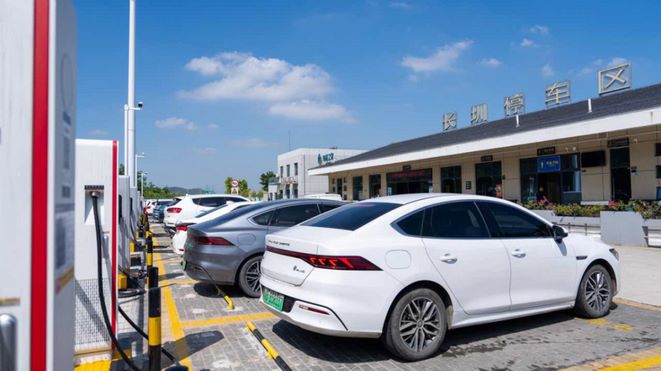America's economic bullying is undermining its own future

Agency : "I just saw the future. It was not in America."
When New York Times columnist Thomas L. Friedman penned those words, he gave voice to a growing sense of anxiety among American intellectuals: the inward-looking doctrine of "America First" is unlikely to "Make America Great Again." On the contrary, the beggar-thy-neighbor tactics and zero-sum economic coercion risk triggering a political and economic unraveling of Washington's own making.
The United States, once the chief architect and primary beneficiary of the post-war international economic order and multilateral trading system, shall bear special responsibility as a steward of global trade rules.
For decades, the U.S. reaped the dividends of economic globalization and free trade. Low-cost international financing kept borrowing costs down. American companies thrived through global supply chains and global resource allocation, and American households bought everything from around the world at affordable prices.
Yet through a spree of erratic tariff blackmail, Washington is now unending the very gameboard it once laid out. These actions have not only trampled on other nations' legitimate rights and interests and destabilized global economic governance, but more acutely threatened America's own credibility and long-term interests.
The U.S. has long enjoyed the privilege of borrowing at low interest rates from international markets, a benefit made possible by the dollar's role as the world's safe-haven currency - underpinned by the creditworthiness of the U.S. government.
However, the latest round of tariff escalations has rattled investor confidence, sending tremors through stock, bond, and currency markets. Such credit overdrafts risk corroding the global confidence in dollar-denominated assets. With $9.2 trillion of America's $36 trillion national debt coming due this year, escalating trade tensions could make refinancing more expensive - risking a crisis of confidence in the dollar.
In the name of reviving manufacturing, the U.S. has turned tariffs into blunt instruments and weapons of economic coercion, which will only undermine the stability and efficiency of global industrial and value chains.
The international division of labor is key to maintaining the competitiveness of American enterprises. It is this intricate web of cross-border collaboration that has helped U.S. companies tap into policy incentives and cost advantages abroad, reinvesting their substantial profits into domestic research and innovation. This virtuous cycle has helped propel the U.S. to the forefront of global technological leadership.
Yet by imposing tariffs on much of the world, the U.S. is undercutting its own advantage. Tariffs cascade through industrial and supply chains, exacerbating risks of supply chain disruptions and industrial hollowing-out, driving up production costs, and ultimately undermining the U.S. industrial foundation and diminishing the competitiveness of American enterprises.
As Gabriel Felbermayr, director of the Austrian Institute of Economic Research, stated, by retreating from global trade, the U.S. has voluntarily relinquished the advantages brought by international division of labor, ultimately leading to self-isolation in the global economy.
The impact of the tariff war on ordinary Americans is both immediate and inescapable. For decades, free trade has helped fill U.S. store shelves with high-quality and affordable goods - keeping prices low and enriching the lives of American households. But with new tariffs piling up, the cost of daily consumer goods - food, clothing, electronics, and household items - is steadily climbing.
The Budget Lab at Yale University predicted that in the event that other countries take countermeasures, the increase in personal consumption expenditure prices in the U.S. will expand to 2.1 percent, with average losses of $1,300, $2,100, and $5,400 for low, middle, and high-income households, respectively.
The Peterson Institute for International Economics assesses that over 90 percent of the tariff costs will be borne by U.S. importers, by downstream businesses, and ultimately, through higher prices, by the end consumers.
As importers continue to pass tariff costs down the line, American consumers are feeling the pinch through higher prices at the checkout. The result is a new wave of inflation that is increasingly difficult to contain. Persistent price pressure not only limits the ability of the Federal Reserve to respond with interest rate cuts but drives up the cost of U.S. government borrowing even further.
Warnings that tariffs are dragging the U.S. economy into a deep chill are no longer confined to economic pessimists. Media headlines describing a "winter" for the American economy or a decade-long setback for the tech sector may sound dramatic but are increasingly backed by hard numbers.
Leading U.S. banks JPMorgan Chase and Goldman Sachs have recently ratcheted up their odds for a U.S. recession. According to the International Monetary Fund, a universal 10 percent rise in U.S. tariffs, accompanied by retaliation from relevant countries, could reduce U.S. GDP by 1 percent. The "tariff club," history may show, is a boomerang that is already striking back.
One will not be seen in a more favourable light after blowing out others' lamp; nor will they go farther by blocking others' paths. Obsessed with a might-makes-right mentality and clinging to the law of the jungle, the U.S. has embraced economic bullying as a policy, prioritizing unilateral gain over shared progress.
This is a regression of history and accelerates the erosion of America's international credibility. The U.S. must listen to the growing chorus of international criticism and the clear-eyed assessments coming from within its own borders, walk away from tariff brinkmanship, and return to the path of cooperation. This is the only path left to truly revitalize the American economy.
By Zhong Sheng, People's Daily (Zhong Sheng is a pen name often used by People's Daily to express its views on foreign policy and international affairs.)














प्रतिकृया दिनुहोस